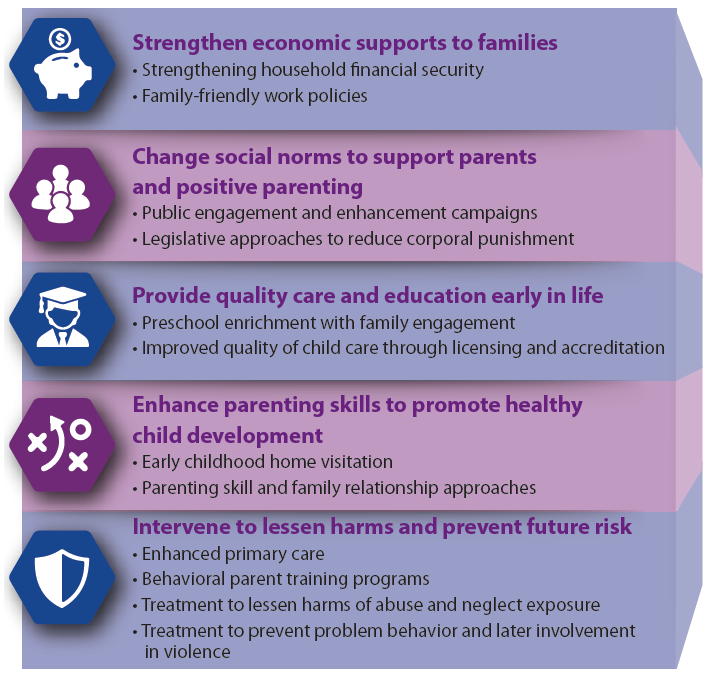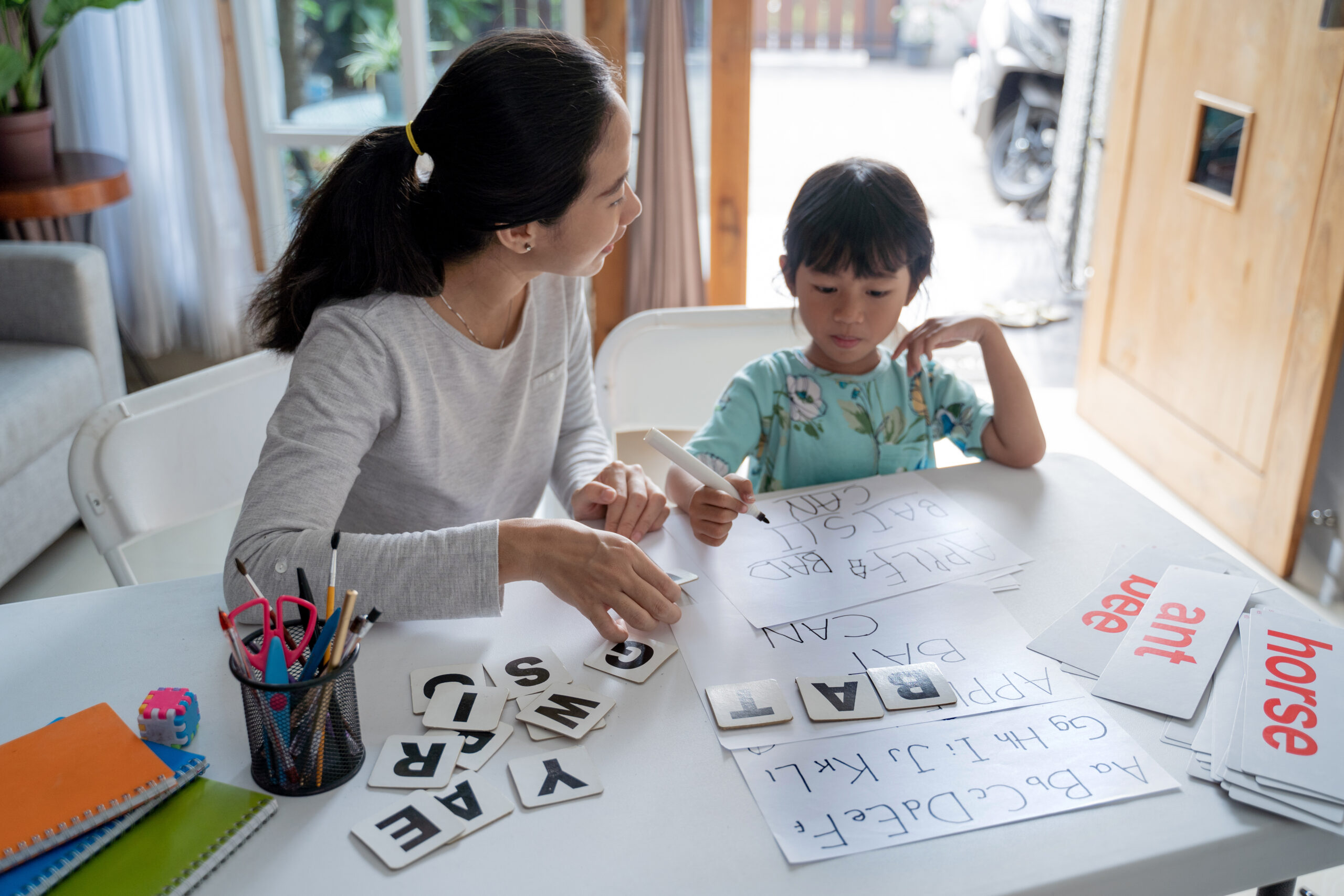By Marie Huey, Policy and Advocacy Coordinator
Katy Smith, Licensed Parent Educator and 2011 MN Teacher of the Year, and Dr. Monica Potter, Supervisor of Early Childhood and Family Education (ECFE) at Saint Paul Public Schools, presented at the May edition of Ann Kaner-Roth Policy Hour. They shared about how trauma affects families and children, as well as what early childhood professionals and policymakers can do to support families to be resilient.

Trauma Overview
Professionals now have a better understanding of how trauma affects the brain and body, although several questions still remain. When children are repeatedly exposed to stressful events, it rewires how their brain operates. This response happens in the unconscious brain. It sets off a response of fight, flight, or freeze. Toxic stress over time can also have severe effects on the rest of the body, described in this video.
Much of the research around traumatic events and later negative outcomes in life were revealed in the Adverse Childhood Experiences (ACE) study. Adverse Childhood Experiences have been linked to risky health behaviors, chronic health conditions, low life potential, and early death.
As the number of ACEs increases, so does the risk for these outcomes. Trauma in childhood affects parenting. Many parents need to address their own trauma to make a better experience for their children than they had.
Role of Educators
The good news is that caring and responsive relationships counteract traumatic experiences. Early childhood educators in a variety of settings are well-positioned to support both parents and children who have experienced trauma. This graphic shows many ways that ACEs can be prevented or mitigated.

Trauma-Informed Policy
Policymakers can play a role in combating trauma. Smith shared some ways she sees trauma addressed at a policy level.
Community Schools. These schools provide wrap-around services for families at the same sites where their children are already going to school. This can help reduce barriers and stress for families who may already be overloaded with taking care of children and basic needs.
Social-emotional learning. Meeting the developmental needs of children and supporting the whole child are ways that educators can help children heal trauma.
Trauma-Informed Incentive Aid. This House proposals supports schools that have a staff development plan all for trauma-informed care. One issue is that some staff has some training, but it’s more effective when educators are all on the same page.
Play. Policies that encourage play are a great way to support children to address trauma and stress.
Parent Education. Parent Educators and ECFE are well-positioned to support parents to address trauma. Relationship-based programs like these are key. The multi-generational approach is especially important for helping both parents and children heal from trauma to produce better outcomes for both parties.
Resources
Potter and Smith shared many resources to extend learning about the ACE study and trauma-informed practices.
Center on the Social and Emotional Foundation for Early Learning
Center on the Developing Child
Presenters and audience members also shared book recommendations related to the topic:
The Deepest Well
By Nadine Burke Harris
Bridging the Relationship Gap
By Sara Langworthy
The Boy Who Was Raised by a Dog
By Bruce Perry & Maia Szalavitz
A Child Called It
By Dave Pelzer
My Grandmother’s Hands
By Resmaa Menakem








